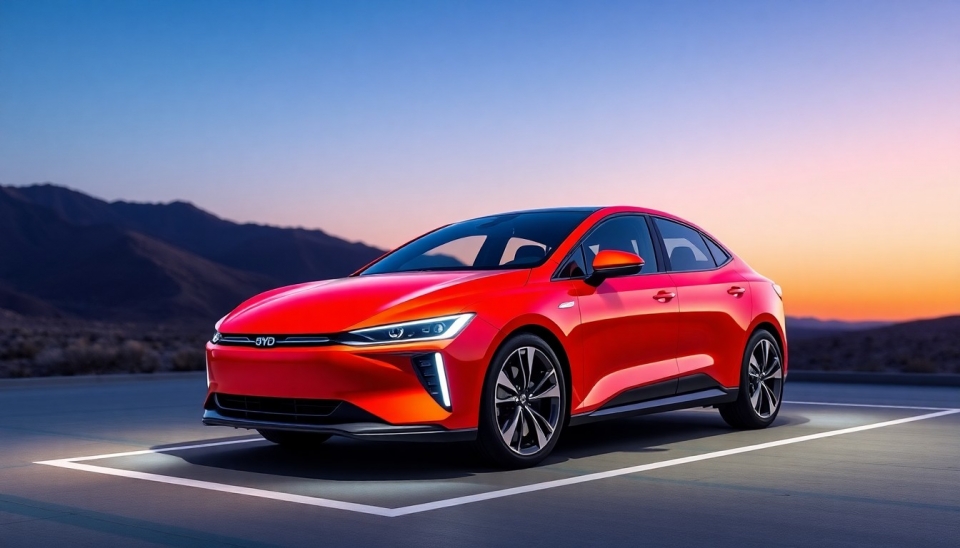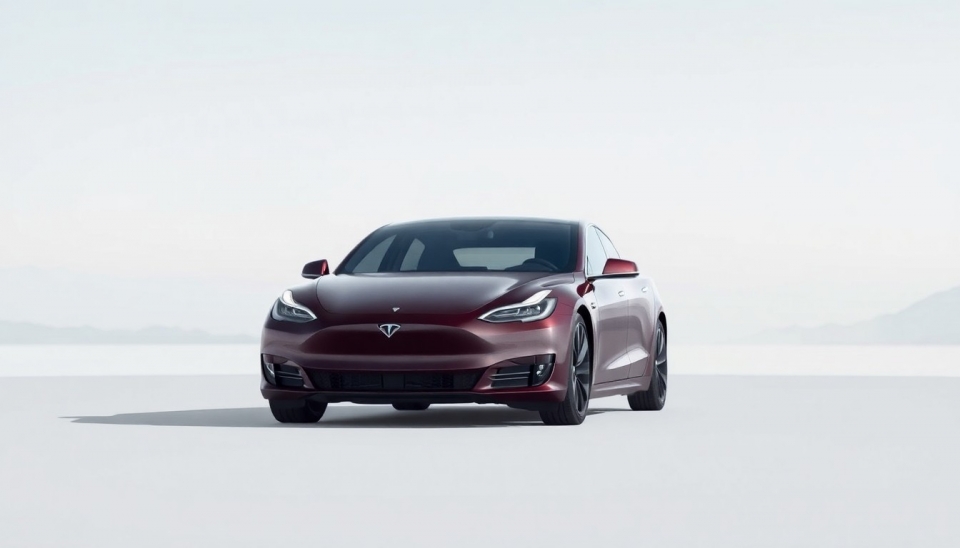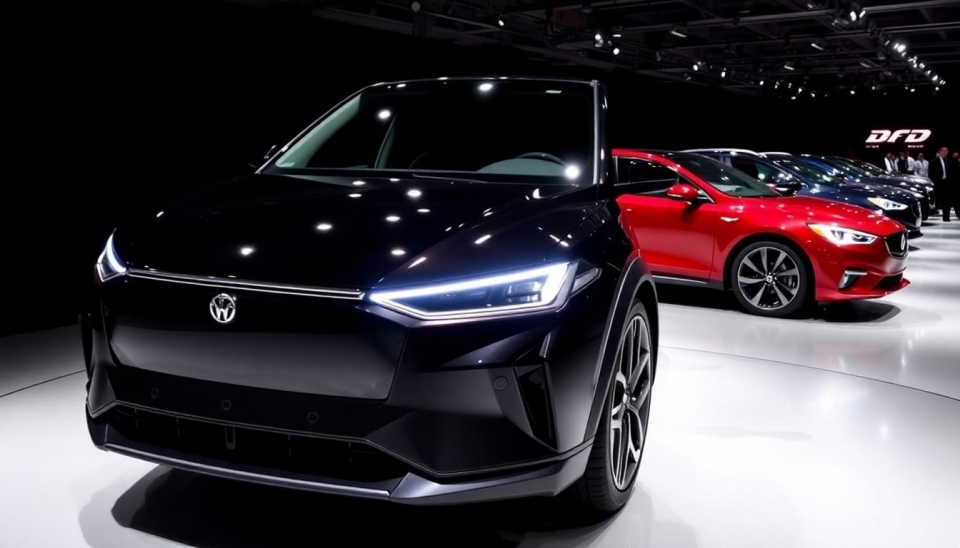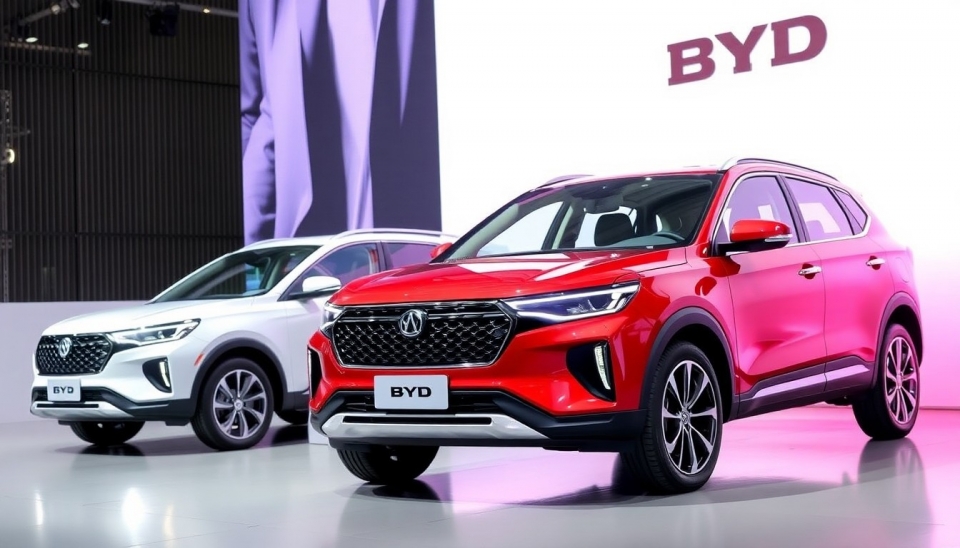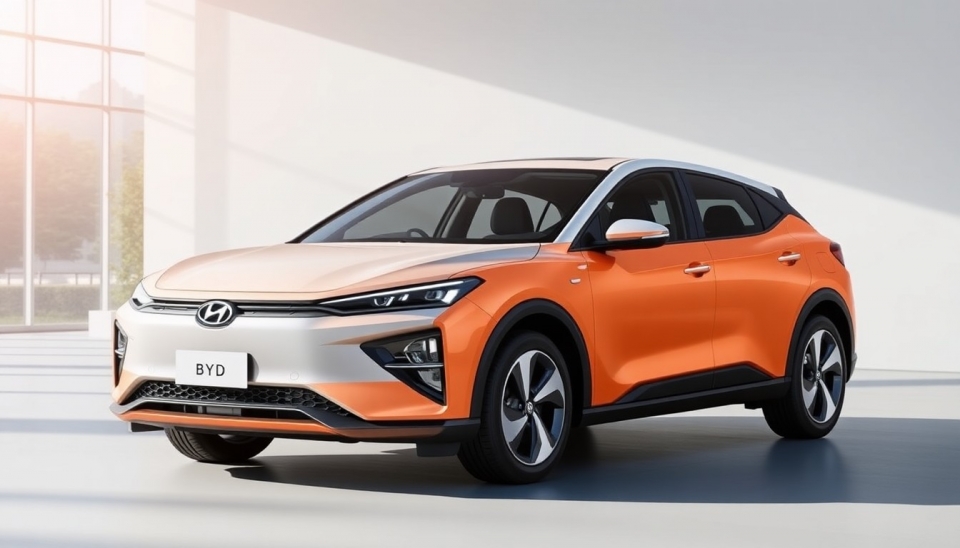
In a significant strategic move aimed at expanding its footprint in the competitive South Korean automotive market, Chinese electric vehicle manufacturer BYD has announced plans to double its sales network across the country. This expansion comes as BYD seeks to challenge the dominance of local automotive giant Hyundai, which has long been a major player in the region.
Currently, BYD operates 34 dealerships throughout South Korea, and the company intends to increase this number to a total of 68 locations by the end of the year. This doubling of their sales network is designed to enhance BYD's visibility and accessibility for consumers in the rapidly growing EV segment. The firm is stepping up its efforts to capture the attention of South Korean consumers who are increasingly leaning towards electric vehicles amidst rising environmental awareness and government support for EV adoption.
BYD’s aggressive expansion plans are fueled by their commitment to offering a diverse range of electric vehicles tailored to meet the preferences and needs of South Korean customers. With a lineup that includes sedans, SUVs, and commercial vehicles, BYD aims to appeal to various segments of the market. The company anticipates that by increasing its dealerships, it will not only boost sales numbers but also improve customer service and after-sales support, thereby fostering brand loyalty amongst local consumers.
In light of the South Korean government's initiatives promoting electric mobility, BYD's expansion comes at an opportune time. The South Korean government has set ambitious targets for EV adoption, aiming to have 1.13 million electric vehicles on the roads by 2025. This regulatory landscape provides a promising backdrop for BYD's growth strategy as they look to penetrate a market that is becoming progressively more favorable to electric vehicle manufacturers.
Competition in the South Korean automotive market is expected to escalate as BYD intensifies its efforts. Hyundai, which has been at the forefront of the EV shift with its own offerings, including models like the Ioniq and Kona Electric, will undoubtedly respond to the increased competition from BYD. The growing rivalry between these manufacturers could accelerate innovation and drive down prices, benefiting consumers in the long run.
Overall, BYD's ambitious plans to double its sales network in South Korea signify its determination to establish a robust presence in a key market while directly challenging established automotive players. As the company ramps up its efforts, it will be pivotal to see how BYD navigates this competitive landscape and what implications it holds for the future of electric vehicles in South Korea.
#BYD #Hyundai #EVsales #Korea #ElectricVehicles #AutoIndustry #Expansion #Strategy
Author: Liam Carter
